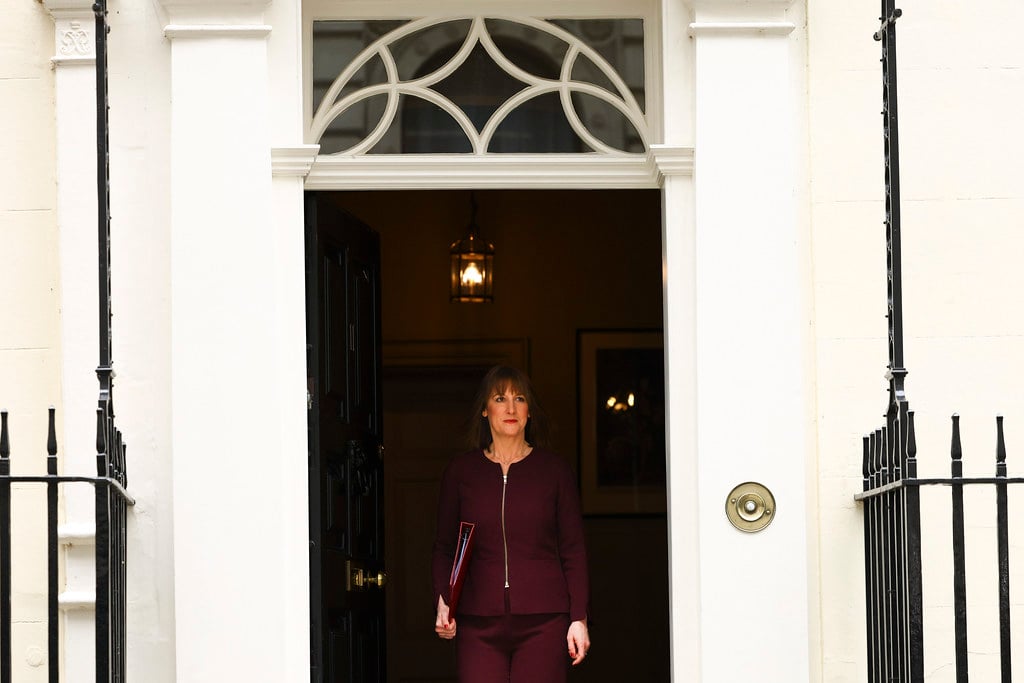Government funds will back a £1 billion investment in a gigafactory in Sunderland that promises to develop up to 100,000 EVs annually.
The National Wealth Fund (NWF) and UK Export Finance will provide financial guarantees backing a £680 million financing package from banks, including Standard Chartered, HSBC, SMBC Group, Societe Generale and BBVA, to cover construction and operation of the new plant.
Backing from UK Export Finance, the government’s export credit agency that provides export insurance and guarantees to lenders, follows the government’s signing of a deal with the US on automotive export tariffs. Under the new deal, the tariff rate is set at 10% for 100,000 cars a year, down from 27.5%.
The gigafactory, owned by battery manufacturer AESC, was visited by chancellor of the exchequer Rachel Reeves on 9 May, following the announcement of the trade deal with the US that the UK government says “saved thousands of jobs”.
AESC provided new equity, alongside which private financing will make up the remaining £320 million.
Reeves emphasised that the investment will deliver “much-needed” jobs to the North East of England.
Funding for AESC’s gigafactory joins NWF’s commitment to £65 million for EV charging platform Connected Kerb, announced by Reeves at the beginning of this year. The investment in Connected Kerb will see a £55 million ordinary equity investment from the NWF, alongside a further £10 million ordinary equity investment from Aviva Investors.
NWF CEO John Flint said that the investment in AESC “further demonstrates the significant role NWF is playing to crowd private capital into the industries and regions where its most needed”.
Reeves has previously stated the NWF was created because the state has a “crucial role to play” in securing the investment necessary to the renewable energy industry’s growth.
Alongside the £1 billion investment, the government’s Automotive Transformation Fund (ATF) has announced it will invest £150 million in grant funding.
The ATC is delivered in partnership with the Advanced Propulsion Centre (APC). In September, the APC awarded £88 million of joint government and industry investment to 46 projects focusing on zero emissions vehicle (ZEV) technologies.
More recently it supported a £250 million investment by Vishay Intertechnology, an American semiconductor manufacturer, in its Newport plant, which is the largest semiconductor facility in the UK. The advanced silicon carbide semiconductors manufactured by Vishay form another part of the EV supply chain.
The ATF and APC have, to date, leveraged over £6 billion of investment from the private sector.






